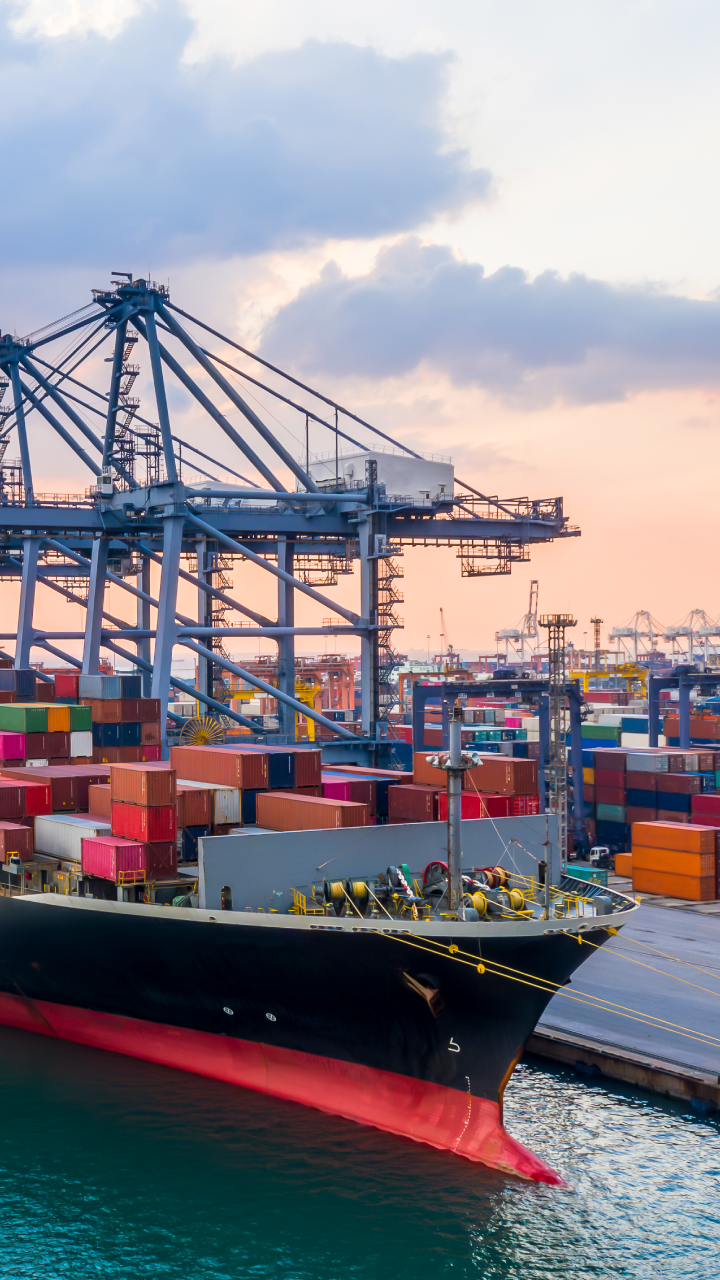This article was originally published in BDO Spotlight - July 2025
How Singapore's Major Exporter Scheme Enhances Supply Chain Resilience.
As businesses grapple with intensifying geopolitical tensions and the impact of escalating U.S. tariffs, particularly on electronics, semiconductors, and green technologies, many are re-evaluating their global trade structures. The pressure to build more resilient and tax-efficient supply chains is mounting, especially for companies with significant cross-border operations.
Singapore: A Strategic Node in Global Trade
Singapore continues to serve as a preferred logistics and distribution hub for multinational businesses. Its strategic geographic location, business-friendly tax regime, and world-class infrastructure make it a natural choice for companies seeking to centralise trading operations within Asia-Pacific.
One of the key facilities supporting Singapore’s role in global trade is the Major Exporter Scheme (MES), a Goods and Services Tax (GST) scheme administered by the Inland Revenue Authority of Singapore (IRAS).
Understanding the Major Exporter Scheme (MES)
The MES is a GST suspension scheme designed to ease cash flow pressures for GST-registered businesses that regularly import and export goods.
Under normal GST rules, businesses must pay GST on imports at the point of entry and subsequently recover the tax through GST returns. For companies that predominantly make zero-rated supplies (e.g. exports or international services), this creates cash flow inefficiencies.
The MES removes this friction by suspending the payment of GST at import and allows businesses to preserve working capital.
Key Eligibility Criteria for MES
Businesses looking to apply for MES must meet the qualifying conditions such as:
- Being GST-registered in Singapore;
- Being active and financially solvent;
- Making substantial zero-rated supplies, defined as more than 50% of total taxable supplies, or where the value of zero-rated supplies is more than S$10 million over a 12-month period;
- Maintaining good compliance records with IRAS and Singapore Customs, with timely filing and payment of tax; and
- Maintaining good internal controls and proper accounting records.
Aligning MES with Global Trade Strategy
In today’s volatile trade environment, the MES plays a pivotal role in enhancing supply chain efficiency and financial flexibility. However, businesses must remain vigilant. There is heightened scrutiny globally around trade restructuring, particularly if it could be construed as tariff avoidance or circumvention.
To mitigate compliance risks:
- Businesses should conduct regular reviews of their trade flows;
- Maintain proper documentation and audit trails to support the legitimacy of their supply chain structures; and
- Ensure MES benefits are used strictly within the intended framework, particularly when adjusting trade routes or establishing new intercompany arrangements.
Conclusion
As global trade dynamics continue to shift, leveraging schemes like MES can offer a competitive advantage. But this must be balanced with strong governance and proactive risk management. For businesses looking to enhance resilience and navigate trade disruptions strategically, Singapore’s suite of facilitative schemes remains a compelling platform for regional and global operations.

